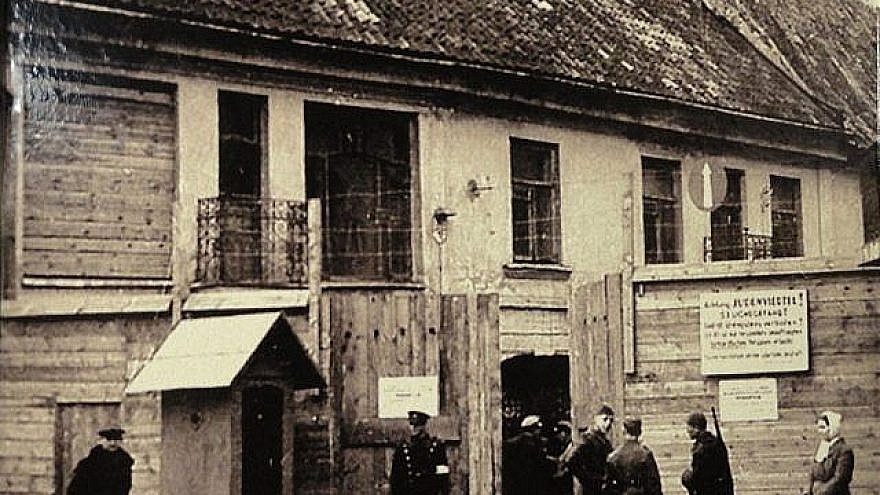The state-funded Center for the Study of the Genocide and Resistance of Residents of Lithuania has been under fire for publishing last month that “the Lithuanians operated against the will of the Germans” during World War II, and that “the residents of occupied Lithuania in 1941 didn’t understand ghettos as part of the Holocaust.”
On its website a few weeks ago, the Jewish Community of Lithuania (JCL) slammed the center’s defense of Lithuanian army officer Jonas Noreika, the governor of the Lithuanian Šiauliai district under the Germans who allegedly oversaw and benefited personally from the persecution of the area’s Jews.
The JCL, which has threatened to take legal action against the center unless it is recanted, said the government agency’s remarks “contains features which are crimes under the Lithuanian criminal code—namely, denial or gross belittlement of the Holocaust.”
The American Jewish Committee condemned what it labeled as a way “to distort the history of the Holocaust” in Lithuania.
“Lithuania had made considerable progress in confronting its Holocaust-era past,” said the organization’s director of international Jewish affairs, Andrew Baker. “That is why this latest reversal is so troubling. No one today can claim ignorance about the role of Lithuanian collaborators.”


























